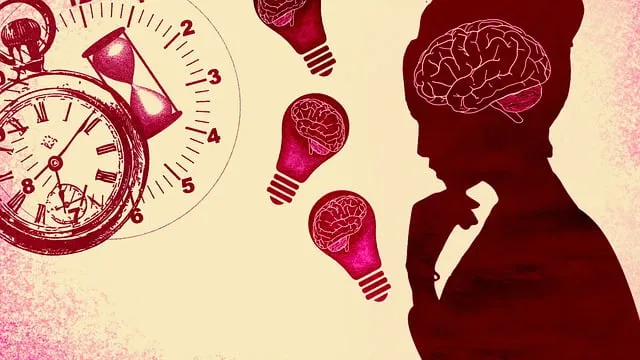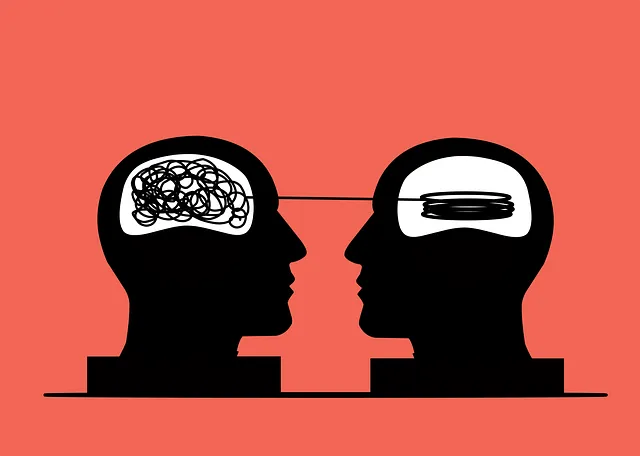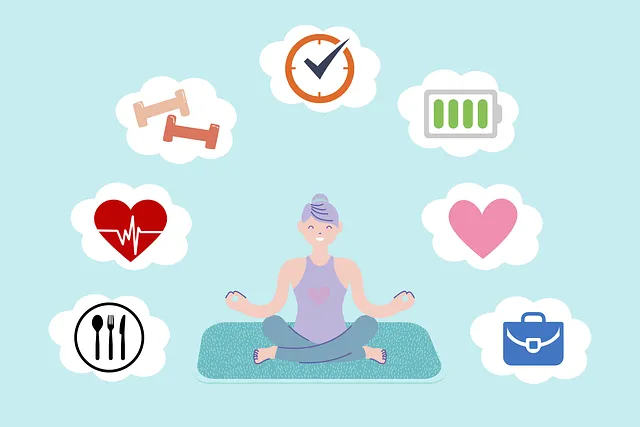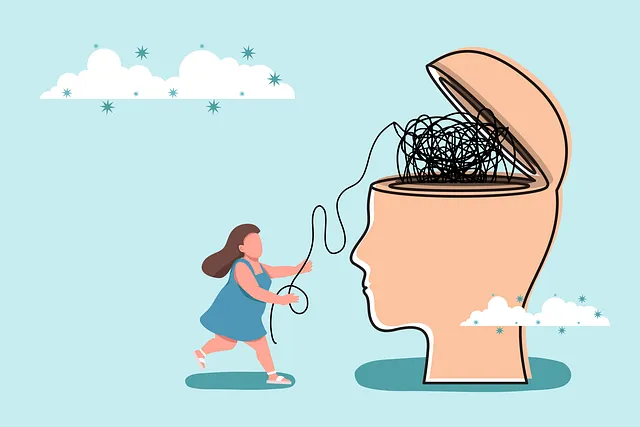Kaiser Permanente's mental health facility in Castle Rock prioritizes group facilitation for emotional well-being, creating a safe space through structured sessions, evidence-based practices, and compassionate care. Facilitators use techniques like open-ended questions, mindfulness activities, and emotional expression exercises to foster active participation, respect, and confidentiality. This holistic approach boosts participants' confidence in managing mental health symptoms and aligns with Kaiser Permanente's mental health goals, measuring impact through surveys and focus groups for continuous improvement.
Discover effective group facilitation techniques at Kaiser Permanente Castle Rock Mental Health Facility. This comprehensive guide explores how supportive environments foster mental wellness through engaging participant interaction and connection. Learn proven strategies from building a safe space to measuring impact using assessment tools, all tailored for the unique needs of Kaiser Permanente’s mental health facility in Castle Rock.
- Understanding Group Facilitation at Kaiser Permanente Castle Rock Mental Health Facility
- Building a Supportive Environment: Techniques for Success
- Engaging Participants: Strategies to Enhance Interaction and Connection
- Measuring Impact: Assessment Tools for Effective Group Facilitation
Understanding Group Facilitation at Kaiser Permanente Castle Rock Mental Health Facility

At Kaiser Permanente Castle Rock Mental Health Facility, group facilitation plays a pivotal role in fostering emotional well-being and enhancing mental health services. This approach recognizes the power of collective support and shared experiences in promoting emotional regulation among individuals seeking care. Facilitators at the facility employ various techniques to create a safe and inclusive environment where participants can openly discuss their feelings, gain insights from peers, and build supportive connections.
Through structured group sessions, Kaiser Permanente Castle Rock Mental Health Facility facilitates emotional regulation by teaching effective coping strategies and encouraging active participation. The facility’s unique approach to group facilitation goes beyond traditional therapy, integrating evidence-based practices with a warm, caring atmosphere. This holistic method not only aids in managing symptoms but also boosts confidence, empowering individuals to take charge of their mental health and navigate life’s challenges more effectively.
Building a Supportive Environment: Techniques for Success

Creating a safe and supportive environment is paramount for effective group facilitation at Kaiser Permanente mental health facility Castle Rock. This begins with establishing clear ground rules that encourage active participation, respect, and confidentiality. Techniques like using open-ended questions and non-judgmental language foster a sense of belonging among members, allowing them to share their experiences freely. Incorporating activities that promote mindfulness and emotional expression helps in building camaraderie and strengthening coping skills development.
The facilitators’ role is crucial in maintaining this supportive atmosphere by actively listening, validating emotions, and modeling positive behaviors. Encouraging peer support and shared learning enhances the emotional healing processes within the group. By focusing on these strategies, the Kaiser Permanente mental health facility Castle Rock can create an inclusive environment that not only facilitates effective group therapy but also boosts participants’ confidence in managing their mental well-being.
Engaging Participants: Strategies to Enhance Interaction and Connection

Creating a safe and inclusive environment is key to facilitating meaningful interactions within a mental wellness group at a Kaiser Permanente mental health facility in Castle Rock. Engaging participants involves employing strategies that encourage active participation, foster open communication, and promote peer support. Starting with icebreakers and ground rules set by the facilitator can help establish a sense of comfort and camaraderie from the beginning. These initial activities not only break the ice but also provide an opportunity for members to share their expectations and boundaries, ensuring everyone feels heard and respected.
Additionally, incorporating interactive discussions, group exercises, and sharing circles allows participants to delve into their experiences, offering insights into coping mechanisms and self-care practices that resonate with peers. Facilitators can guide conversations around Mind Over Matter principles, encouraging members to explore the connection between mental health and physical well-being. This approach not only enhances understanding but also strengthens bonds within the group, creating a supportive network that extends beyond individual sessions, aligning with the broader goals of Kaiser Permanente’s mental health services in Castle Rock and supporting individuals on their journey towards recovery.
Measuring Impact: Assessment Tools for Effective Group Facilitation

Measuring Impact is a critical aspect of effective group facilitation at Kaiser Permanente mental health facilities like Castle Rock. Facilitators use various assessment tools to evaluate the success of their programs and ensure they are promoting emotional well-being among participants. These tools can gauge improvements in coping skills development, a key focus area for many mental wellness coaching programs. By assessing changes in participants’ psychological states, facilitators can tailor their techniques to better meet individual needs.
Emotional Well-being Promotion Techniques often incorporate pre- and post-program surveys to track progress. Such assessments provide valuable data on the overall impact of group sessions. Additionally, Mental Wellness Coaching Programs Development benefits from qualitative feedback through discussions or focus groups, allowing facilitators to understand participants’ perspectives and identify areas for improvement. Regular evaluation ensures that programs remain effective and aligned with the evolving needs of the Castle Rock community.
Group facilitation techniques at Kaiser Permanente Castle Rock Mental Health Facility have proven to be powerful tools in enhancing mental wellness. By creating a supportive environment, engaging participants through interactive strategies, and utilizing assessment tools for continuous improvement, these techniques foster meaningful connections and positive outcomes. The success of this approach highlights the importance of group-based interventions within mental health facilities like Kaiser Permanente Castle Rock, offering a promising path towards improved patient care and overall well-being.






